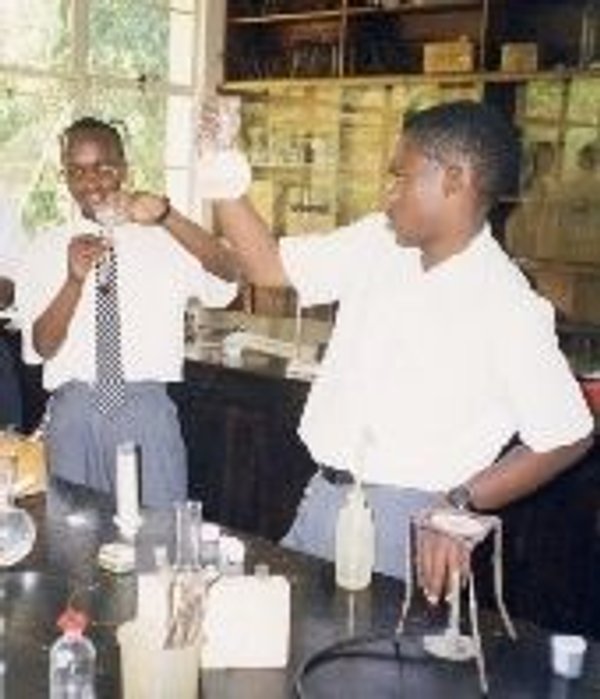He made it clear from the beginning that the College had to be multiracial, which was not allowed by law in Kenya then. He wanted that people of different races and tribes would live together, and that the College be open to non Catholics and non Christians too. This approach was new and succeeded in spite of many difficulties which were overcome with his encouragement and with the hard work of the people who started it.
Saint Josemaría said: “… it will be the first time for such a centre to be started in Kenya; an institution that will not take into account racial differences: whites, blacks and Indians will be together. All our Centres are open to all sorts of people. We are all the same. There is only one race, the race of the children of God.”
Strathmore started as an A-Level college offering Form 5 and 6 with eight members of staff and a total of sixty students: Africans of different tribes and five Europeans, two Indians and eleven Goans. From 1966 Strathmore started offering Accountancy qualifications. In 1977 it began a secondary school (Form 1 to Form 4) and in 1987 a primary school. All these educational iniciatives were located on the same campus in Lavington.
With the help of the Kenya Government and the European Union, Strathmore School of Accountancy moved to the Madaraka campus within the city of Nairobi in 1993 where it merged with Kianda Secretarial College and in 2002 became the present Strathmore University. Strathmore School remains on the Lavington campus.

One of the challenges educational institutions face in today’s society is how to help students develop their own personality in the midst of sweeping cultural changes, much more so in less developed countries. The personalized attention on the part of parents and teachers has been the key that enabled both Strathmore School and Strathmore University to help tackle this matter. Strathmore assigns a tutor for each of its students, who encourages the students individually and helps them to deal with academic and other matters.
In both institutions, the chaplain is available to offer spiritual help to anyone who might need it: students, teachers, members of staff, parents, past students and even friends. The chaplaincy also organizes conferences and workshops for parents and teachers.
Strathmore School provides leadership among its students through its captains’ system. The captains, besides leading their teams in sports tournaments each year, have periodic meetings with the teachers to go over matters that affect school life. The spirit of freedom, which goes hand in hand with the Christian identity of Strathmore, contributes to the students’ personal development.
Students also work as volunteers on social projects during the holidays. This initiative has brought about very encouraging results. When a teacher at the School first proposed this idea, the response was overwhelming: more than 100 students signed up to help in hospitals, and similar places doing various kinds of work. A volunteer in the oncology unity of Kenyatta National Hospital, summed up his experience in these words: “Not even all the money in the world could buy the joy and satisfaction I have felt in helping these people.” Following the same spirit, Community Service has been included as part of the academic curriculum at Strathmore University.

